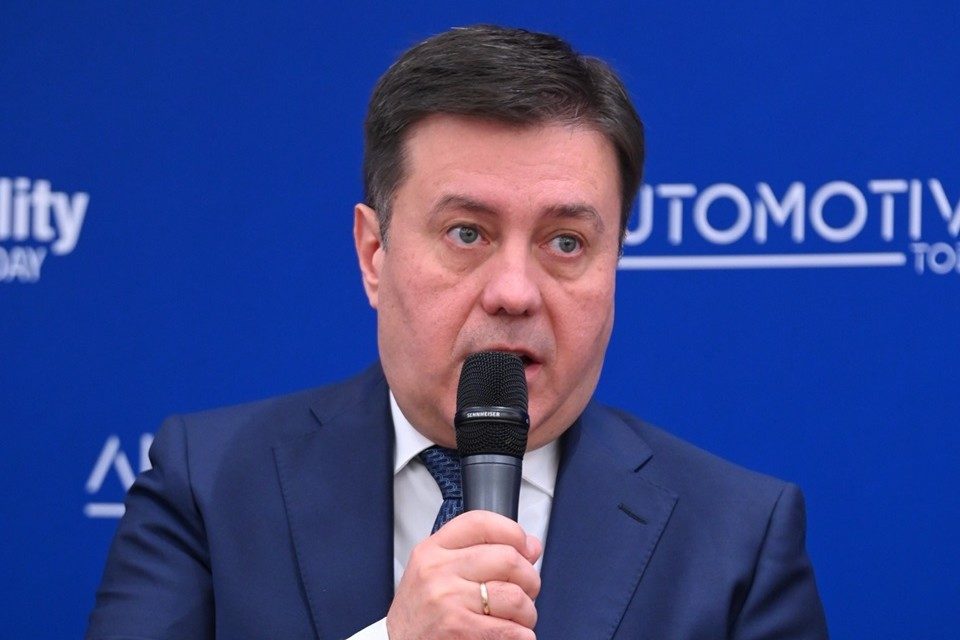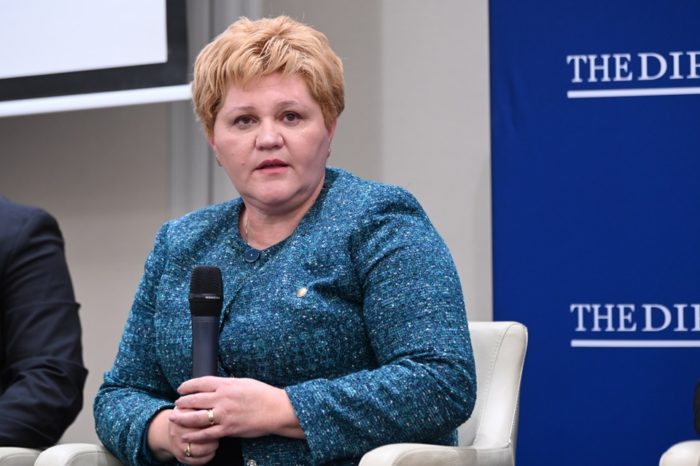State Counsellor Florin Spataru: “We must have battery production in Romania for the automotive sector and establish recycling capacities for these batteries”

“The automotive industry is one of the industries that support both Romania’s GDP and our country’s exports. That is why this industry benefits from special attention from the Romanian Government and the European Commission.
From my point of view, the automotive industry must be supported at national and European level. Our position regarding that decision to eliminate internal combustion engines from 2035 was to have a turning point in 2027, to evaluate the EU’s ability to make this transition, because mobility is an essential element for every European citizen.
There are several initiatives to support the automotive industry, for the development of this sector. We must reflect on the ways in which we can support this industry to remain competitive,” Florin Spataru, State Counsellor, Prime Minister’s Chancellery said during Green Mobility Forum organized by The Diplomat-Bucharest and Automotive Today.
“We had a model that we ignored: energy production. China invaded the European market with photovoltaic panels. Europe wants to become green through solar energy, but we are dependent on China. This dependence is also transferred to the automotive industry. We want electric cars, but we are dependent on the production of batteries in China. And so, this tax war between Europe and China appeared.
Electric mobility, the stability of the automotive industry in Romania and in Europe can only be achieved through greater independence. This means that we must have battery production in Romania for the automotive sector and generate recycling capacities for these batteries. I am not referring only to the production of batteries, but also to the other components.
Romania will not deviate from the conclusions of the Draghi report, and in the report the automotive industry is a strategic industry in which Europe is going to invest. We need to rethink the entire European strategy in the sense of maintaining competitiveness.
We must have a circular economy model and create all the necessary conditions for the automotive sector to generate its added value at the regional level, taking into account Romania’s competitive factors, such as energy, raw materials and human capital.
Romania has state aid schemes for the production of batteries. The problem is the maturity of the technologies. We are looking for an industrial partner that can demonstrate that it has the ability to scale at an industrial level, with the help of state schemes.”















